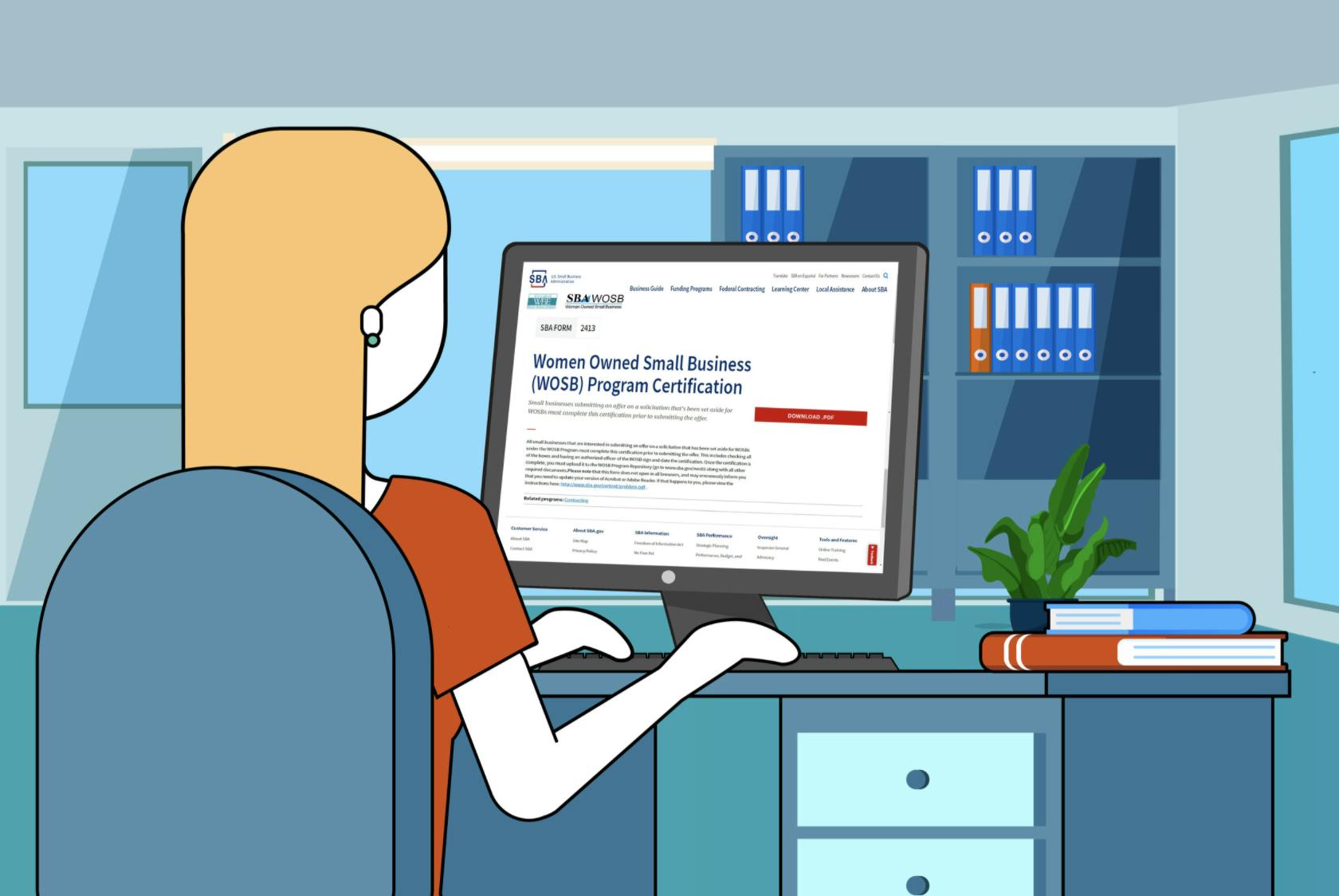When we last met, we looked at how businesses in the consumer packaged goods (CPG) industry are differentiating themselves through certifications. And one of the certifications gaining the most ground these days is women-owned, with an estimated 13 million businesses in the United States having one of the many women-owned certifications.
If you’re a certified women-owned small business (WOSB), or women business enterprise (WBE), you’re in a great position to grow your business because of the advantages and opportunities that other certifications don’t get. Here are three perks you need to know:
1. Increased access
Being a WOSB or WBE opens doors exclusively for women-owned businesses. This can include grants or contracts from both federal or private institutions that are designated only for WOSB or WBE. Every year, for example, the government designates at least 5 percent of its contract funds to go to women-owned businesses. But being certified as women-owned also allows access to industry information. As Shavon Smith writes for Walker’s Legacy, “Establishments that are certified, woman-owned businesses are granted access to large databases utilized by major corporations and government entities that support supplier diversity. The databases permit businesses to search for prospective customers and clients who will benefit from the product or service that your company provides.”
2. Supplier diversity promotion
If they don’t already have a supplier diversity program in place, retailers today are actively working to up their game in creating a diverse supply chain. And to do that, many retailers are looking to women-owned businesses. Kroger, for example, made 234 new WBE supplier partnerships in 2019, a 57 percent increase from the previous year. In 2017, Walmart joined eight other corporations in a joint effort to track and report sourcing from women-owned businesses over five years, in a move that would raise awareness for the importance of sourcing products from women-owned businesses.
3. Increased brand awareness
Businesses that have a women-owned certification often stand out among their counterparts. As mentioned above, retailers want to increase their supplier diversity, and having a women-owned certification can help a brand stand out on the shelf. (And in some cases, can come with additional perks like waived slotting fees). What’s more, having the Women-Owned logo on products “has shown to boost sales for manufacturers and corporate member retailers such as Walmart and Kroger, said Candace Waterman, chief of staff and business operations for the Women’s Business Enterprise National Council (WBENC), in a Specialty Food article. The Council’s research also found that 90 percent of female consumers would go out of their way to purchase products from women-owned businesses.
Taking the next steps
Getting your business certified as women-owned is no small feat. It’s a commitment that takes time, money, and a not-so-small pile of paperwork. But the benefits of going through the process and achieving the certification are many, from gaining interest from new clients, to access to new opportunities through grants and programs—as well as networking with fellow women-owned businesses!—and even to recruiting employees.
But once you have a women-owned certification, it’s imperative that you’re leveraging it. Why do all that work to not take full advantage of the certification? Include your women-owned designation in your marketing materials, tout it at every opportunity, and include it in your RangeMe profile so buyers can easily discover your brand by searching for brands with the certifications.
In 2017, women-owned businesses generated $1.7 trillion in sales—trillion with a T—and as supplier diversity and awareness of the benefits of women-owned businesses continues to increase, that number is sure to grow as well. And for an emerging supplier, if you qualify as a women-owned business, this is an opportunity to get a certification that you don’t want to let pass you by!


